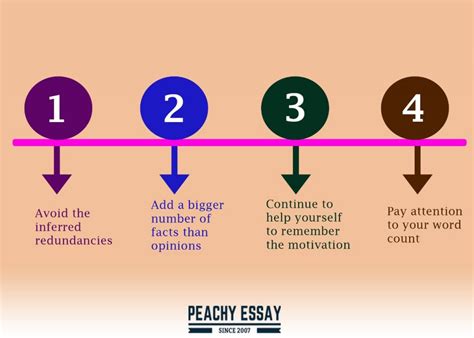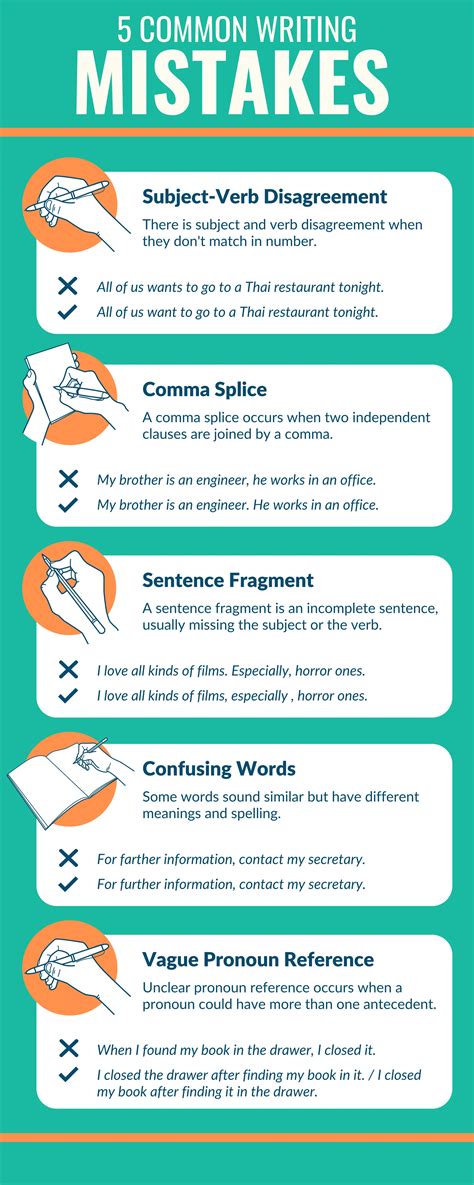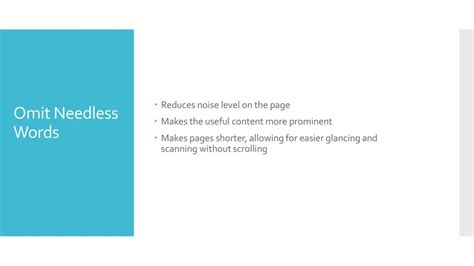In the vast landscape of writing, few skills are as crucial as the ability to write with precision and conciseness. Often, writers, both novice and experienced, fall into the trap of using more words than necessary, inadvertently diluting their message. The question isn’t just about deleting words; it’s about refining prose to achieve maximum impact with minimal verbosity. This practice, often called ‘tightening prose,’ transforms good writing into great writing.
The Case for Conciseness
Why should we strive for leaner prose? The answer lies in its profound impact on clarity, engagement, and authority. When every word serves a purpose, your message becomes sharper, easier to understand, and more compelling. Readers, faced with an abundance of information, appreciate writing that respects their time and delivers its point efficiently. Wordiness, conversely, can obscure meaning, bore the reader, and undermine the writer’s credibility.

Common Culprits: Where Words Hide
Identifying needless words requires a keen eye and a critical approach to your own writing. Many common offenders lurk in our sentences, often unnoticed until we actively seek them out.
Redundancy and Repetition
This is perhaps the most straightforward category. Phrases like “completely finished” (finished is already complete), “true facts” (facts are true), or “past history” (history is always past) are prime examples. Look for adverbs that merely restate what a verb already implies, or adjectives that add no new information.
Filler Words and Empty Phrases
Words like “just,” “really,” “very,” “quite,” and phrases such as “in order to,” “due to the fact that,” “at this point in time,” or “the majority of” often add bulk without substance. Many can be removed or replaced with a single, stronger word or a more direct construction (e.g., “to” instead of “in order to,” “because” instead of “due to the fact that”).
Weak Verbs and Passive Voice
Over-reliance on forms of “to be” (is, am, are, was, were) combined with weak nouns or adjectives can make sentences flabby. Similarly, the passive voice often uses more words and less direct phrasing than the active voice. “The decision was made by the committee” is less concise and impactful than “The committee made the decision.”

Strategies for Surgical Editing
To effectively tighten your prose, adopt a systematic approach during the editing phase. Think of yourself as a sculptor, chipping away at excess material to reveal the true form beneath.
Identify and Eliminate Redundancy
- Read your text aloud: This helps you catch awkward phrasing and unnecessary words your eyes might skim over.
- Search for common redundant pairs: Use your word processor’s search function for words like ‘totally,’ ‘completely,’ ‘absolutely,’ and then scrutinize their accompanying words.
Embrace Stronger Verbs
Replace weak verb-adverb combinations with a single, potent verb. For instance, instead of “walked quickly,” consider “raced” or “hurried.” Instead of “is indicative of,” use “indicates.”
Convert the Passive to Active
Actively seek out passive constructions. If a sentence uses a form of “to be” followed by a past participle, consider rephrasing it to make the actor the subject of the sentence.
Challenge Every Word
For each word, ask: “Does this word add meaning? Can I say this more simply? If I remove it, does the sentence lose anything essential?” If the answer is no, delete it. If the answer is yes, can I achieve the same meaning with fewer or different words?

The Impact of Tightened Prose
The benefits of this rigorous editing process are manifold. Your writing will not only be clearer and more concise but also more authoritative and persuasive. Tight prose demonstrates confidence in your ideas, signaling that you value your reader’s attention and have carefully considered every element of your communication. It makes your arguments more potent, your descriptions more vivid, and your overall message unforgettable.

Conclusion: The Art of Refinement
Tightening prose isn’t about sacrificing detail or nuance; it’s about stripping away the superfluous to reveal the essential. It’s an ongoing process of refinement that transforms raw ideas into polished gems. By diligently deleting needless words, you don’t just shorten your sentences; you strengthen your voice, enhance your credibility, and ultimately, become a more effective communicator. Embrace the red pen (or the delete key) and witness the remarkable clarity and power that emerge from well-honed, concise writing.





